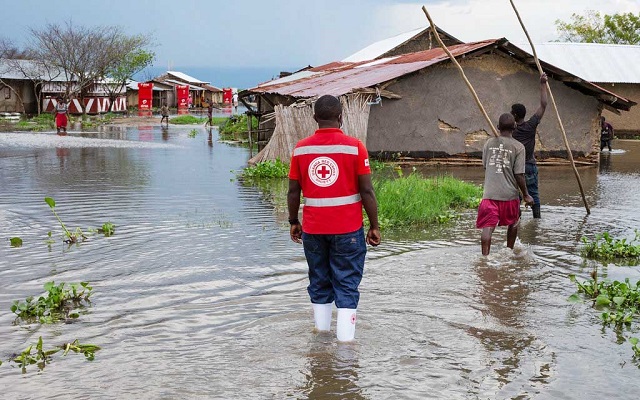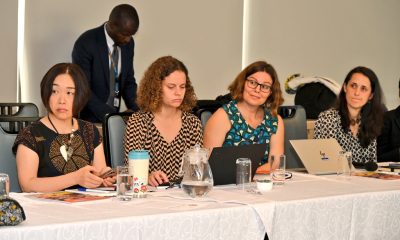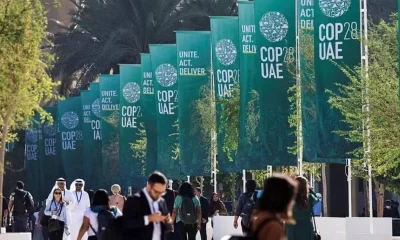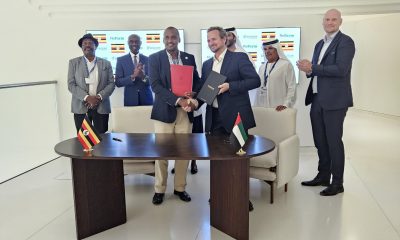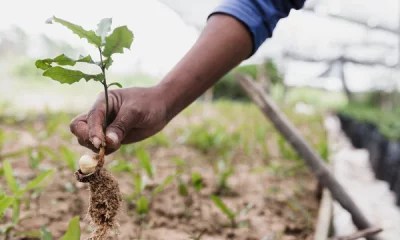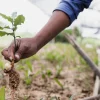The World Wildlife Fund (WWF) Uganda has expressed its approval of the establishment of a fund designed to assist nations grappling with the adverse impacts of climate change. The decision was made during the ongoing COP28 in Dubai, where nations committed to creating a fund to provide financial assistance to the most vulnerable countries affected by climate change.
During the summit’s opening day, the host nations, United Arab Emirates and Germany, pledged $100 million each to kickstart the fund.
The Loss and Damage Fund’s board is set to convene in January 2024 to discuss the fund’s structure, with Uganda among the first seven countries expected to benefit from it.
Ivan Tumuhimbise, WWF Uganda’s Country Director, welcomed the development, emphasizing Uganda’s readiness to leverage the fund to fulfill its commitments to the global biodiversity framework. Tumuhimbise highlighted the potential for regenerative agriculture, particularly in highland communities, as a means to achieve climate targets.
Africa’s Perspective: Loss and Damage Fund’s Importance
As COP28 unfolds, African nations are closely watching the developments around the Loss and Damage Fund, recognizing its crucial role in addressing the irreversible impacts of climate change. The continent, contributing a minimal 3% to the global climate crisis, bears the brunt of losses due to limited adaptive capacities.
The Loss and Damage Fund is seen as a potential lifeline for developing countries, particularly in Africa, where smallholder farmers, constituting 60% of the workforce, are heavily impacted. Agriculture, reliant on rainfall, faces challenges from climate-related damages, affecting energy production, water resources, and infrastructure.
The article emphasizes that Africa’s vulnerability to climate change has economic and non-economic consequences, affecting infrastructure, property, human lives, biodiversity, and cultural heritage. The continent faces challenges such as droughts, floods, extreme temperatures, and other climate-related events, making it difficult for farmers to produce, store, and market food.
Challenges and hopes for COP28
The Loss and Damage Fund, established during COP27, is now at the forefront of discussions at COP28. The Transitional Committee, formed to make recommendations for the fund’s operationalization, has faced challenges in reaching agreements. Some contentious issues include the fund’s host, funding sources, eligibility criteria, and governance structure.
From an African perspective, key considerations for COP28 include the urgency of addressing severe and irreversible climate consequences, fulfilling prior commitments, advocating for strong compensation mechanisms, and emphasizing the importance of clear criteria, transparency, fairness, and accountability.
A favorable outcome from COP28 would include a well-resourced Loss and Damage Fund, integrated climate risk management, and the recognition of loss and damage as a third pillar alongside mitigation and adaptation in the climate finance goals.
As COP28 progresses, Africa remains focused on the establishment and operationalization of the Loss and Damage Fund. The continent anticipates a positive outcome that addresses its vulnerabilities, provides necessary financial support, and ensures effective implementation of climate initiatives to combat the ongoing challenges posed by climate change.
